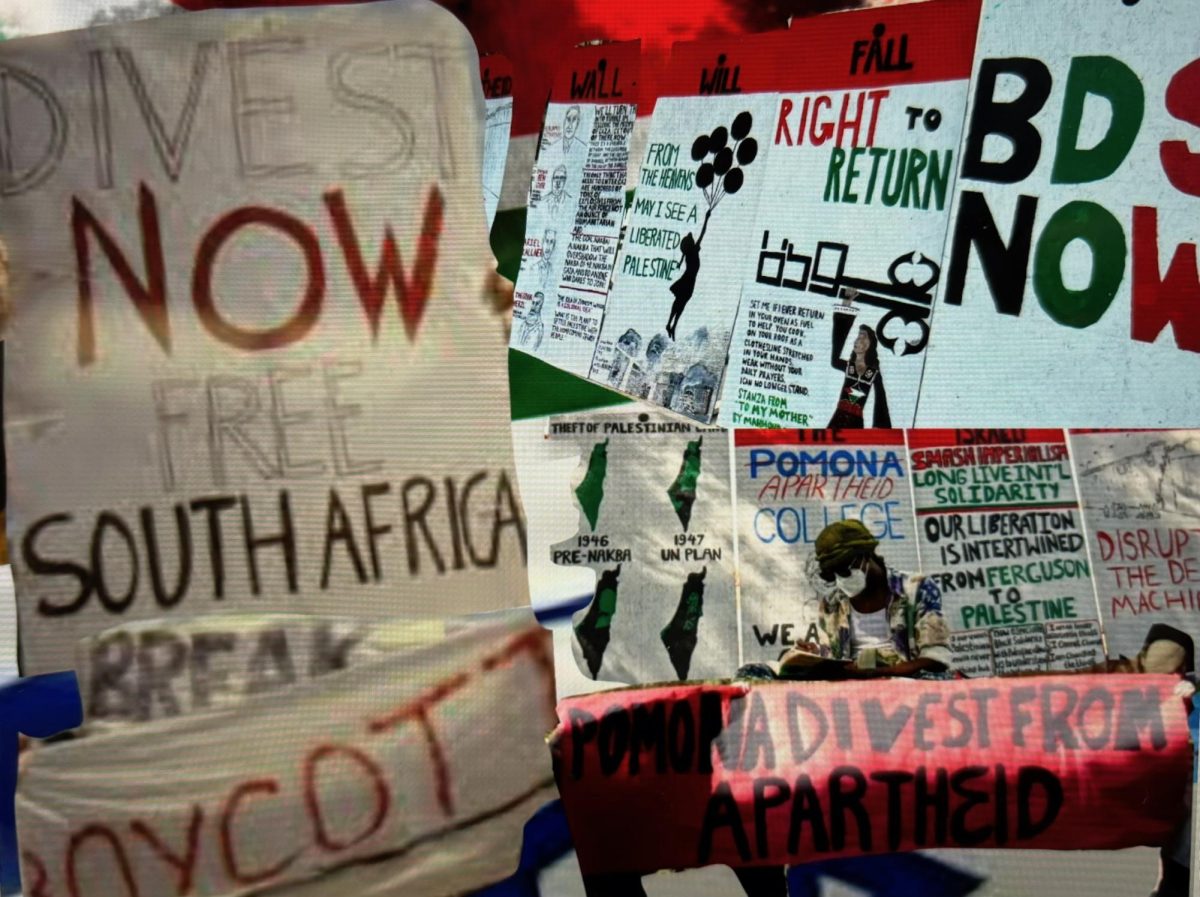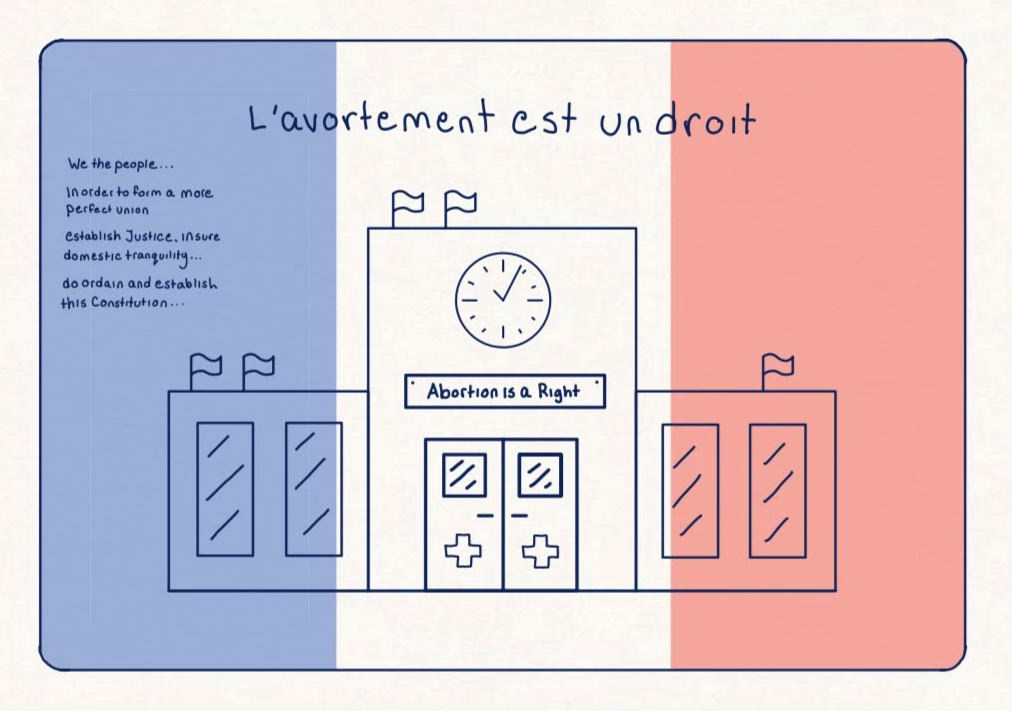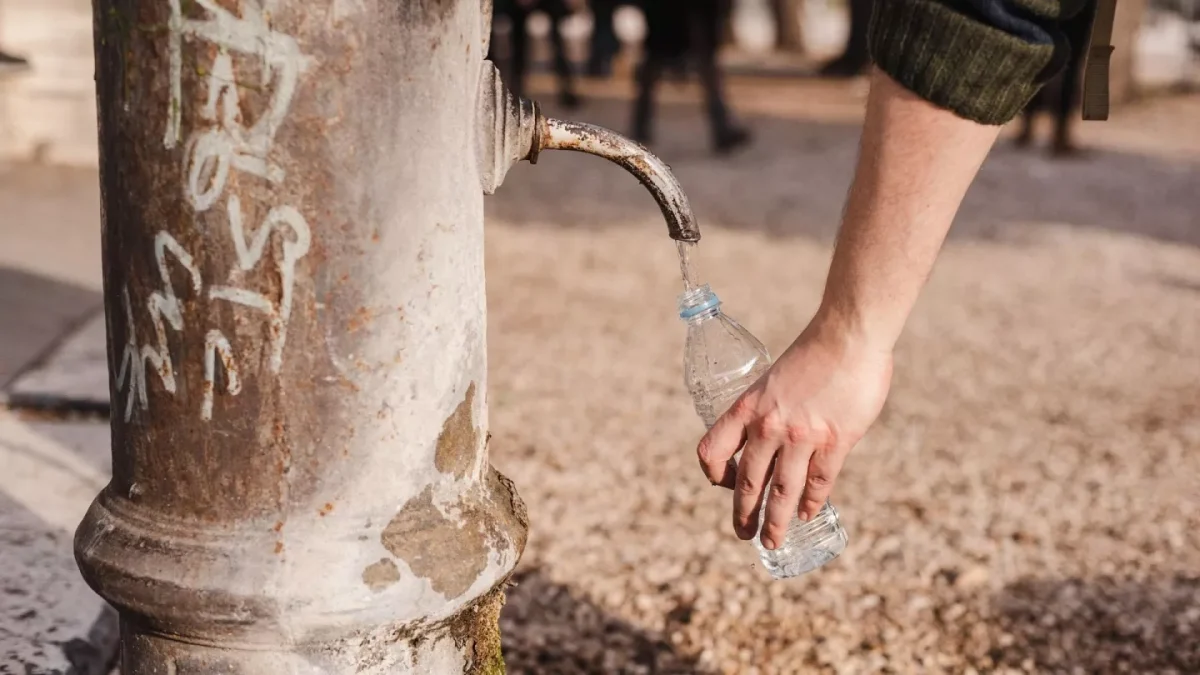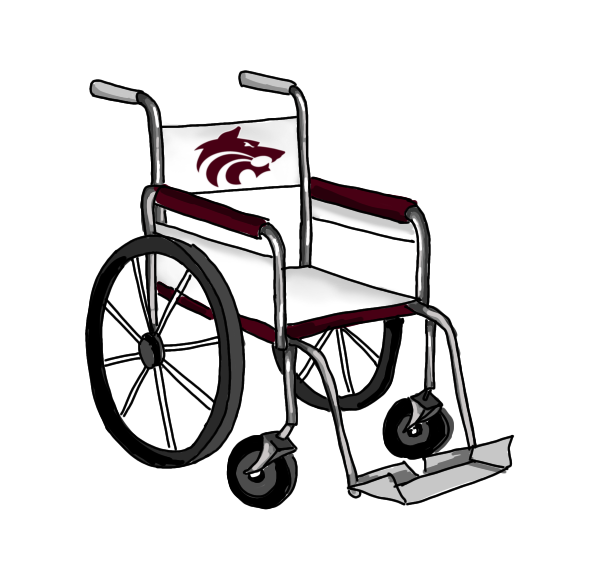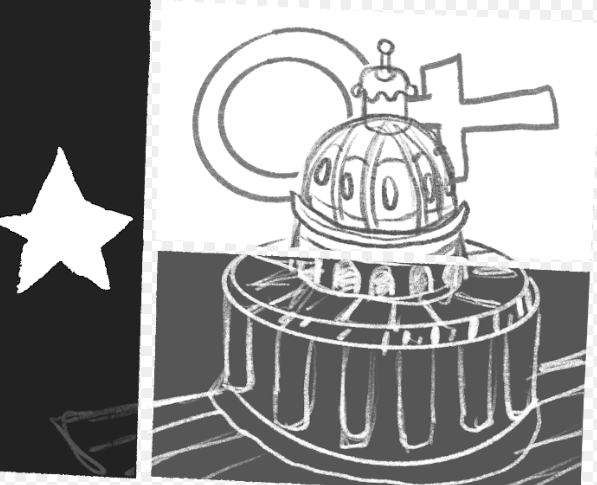The modern day genesis of the Israel and Palestine conflict begins in 1948 when Israel becomes a state. After the Nazi Holocaust in WWII, millions of Jews were left impacted in Europe and the re-establishment of a Jewish state as a refuge for Jews and to lift the Jewish people to equality became a popular but controversial idea among many. In May of 1948, David Ben-Gurion the head of the Jewish Agency declared Israel a state with President Harry Truman recognizing it. The decision, although viewed positively by many, infuriated Arabs who shared this land with Jews. The creation of the state which we now know to be Israel led to the displacement of Palestinians. From that point forward, Israelis and Palestinians have fought over these lands and have been unable to resolve their differences peacefully, with both sides believing that their territorial rights to these lands date back to biblical times.
Now, a decision that was made nearly 80 years ago is still impacting us today, fueling increased hostilities between Palestinians and Israelis and igniting outbreaks of violence since then. The recent attack by Hamas on Israel on October 7, 2023 is a result of years of built up tension between the two peoples, causing the greatest number of deaths in Israel to date. The humanitarian impact the war has had is huge, affecting both sides and placing civilians and innocent lives at risk.
On October 7, the military organization Hamas, which controls the Palestine-occupied territory of the Gaza Strip, launched a terrorist attack on the area bordering the Gaza Strip and Israel. Hamas militants paraglided into surrounding areas and crossed the border with the intention of slaughtering as many Jewish people as possible, senselessly killing thousands of innocent civilians and IDF (Israeli Defense Forces) troops while taking hostages. This surprise attack conducted by Hamas, which is labeled as a terrorist organization by the U.S. government, shook the world and resulted in a declaration of war by President Netyanuhu of Israel.
The war, while it may seem really far from home in the United States, extends beyond borders, impacting CHS students and family alike. An anonymous CHS Junior mourns the loss of her second-cousins who were killed by Hamas militants during the October 7 attacks in a music festival. The student remembers her family.
“My cousins were free spirited and kind people who were in the process of getting their college degrees, ” she said.
According to the United Nations, it is estimated that more than 1,400 have been killed on the Israeli side, and the Palestinian death count is rising to 9,000, as Israel begins to invade the Gaza Strip following a series of intense bombardments. The majority of the victims of these attacks on both sides consist of women and children. Hundreds of thousands have been displaced in Gaza and the area is without electricity. Concerns about overcrowding and disease spreading have also been raised amid the ever growing development of the war. UN Human Rights Chief, Volker Türk, has called for a humanitarian ceasefire for both Gaza and Israel, but it remains unclear whether this will take place any time soon.
The Israel-Hamas conflict poses great instability to the Middle East with consequences that go far beyond that region. The U.S. government is working closely with allies and also communicating directly with adversaries in an effort to limit the spread of the conflict. Some progress is being made on the humanitarian side as relief supplies are slowly being allowed into Gaza primarily via the Egyptian-Gaza border.
The far-reaching consequences of the war on the humanitarian side has impacted both Palestine and Israel, affecting innocent civilians and threatening their very existence. Amid this political standoff, it becomes important for all-even CHS students, who might think they can’t make a difference-to recognize reputable sources like the United Nations and to work closely with local nonprofit organizations.
Humanitarian impact of the war
Donate to The Wolfpacket
$50
$500
Contributed
Our Goal
Hello there! Our goal is to provide relavent, engaging journalism for readers of all ages. Your donation will support the student journalists of the Wolfpacket at Claremont High School, and will allow us to purchase equipment, print our monthly issues, and enter in journalism competitions. We appreciate your consideration!
About the Contributor
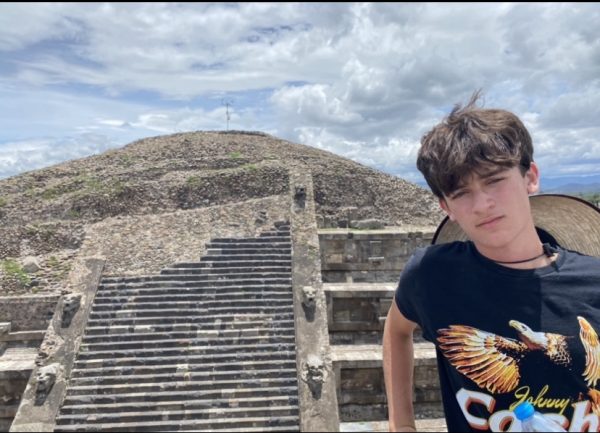
Theo da Silveira, Reporter
Theo da Silveira is a Junior at Claremont High School and a second year reporter for the Wolfpacket. In addition to actively writing politics-related articles and pursuing other journalistic interests, he also balances life as a varsity soccer player. One standout high school memory he cherishes is his team’s remarkable win that secured the league championship last year. In true Gen Z fashion, the one thing he insists he can’t live without are his airpods (shockingly). Although he has several commitments to juggle, during his free time he enjoys hanging out with his friends and binge-watching movies. This year, he’s eagerly prepared to write numerous articles for the Wolfpacket, sharing his individual perspective on widely controversial issues.











